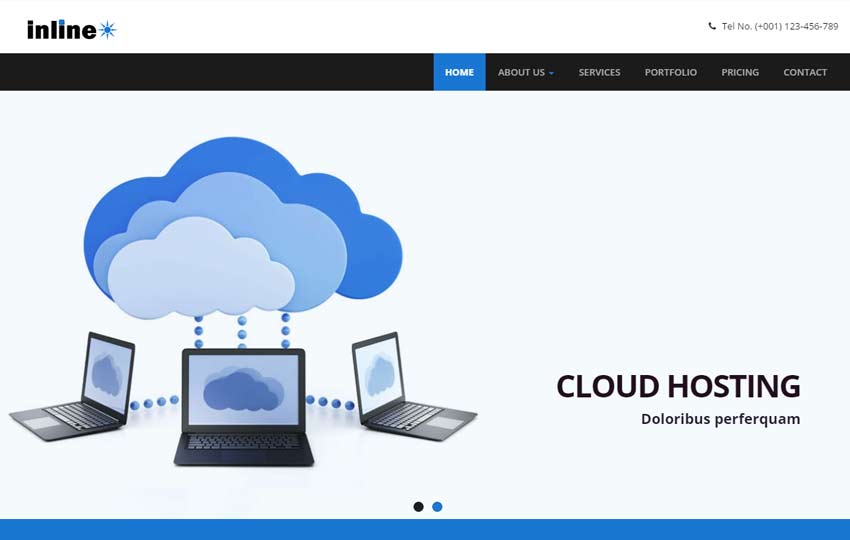
If you have a website, you have probably heard of web hosting, but chances are that you aren’t really sure what web hosting really means. You know you have to have a host but how do you know whether you have the right company and whether you have the best hosting for your site? This article has solid advice for helping you figure that out.
If you have a small to mid-sized company and want to cut hosting costs, you should go with a shared server. If you do not get lots of traffic or do not wish to have control over your server resources, then go with a shared host. Just keep in mind that you will be sharing CPU, disk space, and bandwidth.
If you have been used to the same web host for several months, look at the availability of your website. An availability of 99% or more means your website is accessible all the time. If you notice a lower availability rate, look for a web host that does not encounter as many outages.
Find out what other programming services your potential web host offers. You don’t want your sites to be limited to CSS and HTML. The best web hosts offer the ability to code sites using PHP and ASP as well. Even if you don’t think you need these languages, you should use a web host that offers them. As your knowledge of web design grows, you might want to use these languages to help your site reach its full potential.
Don’t choose your web hosting provider based solely on price. Although using a cheap or free web host may save you money in the short run, these hosts might not offer the disk space or bandwidth you need. Price should be only one factor in your final decision so that you ensure that you get what you most need.
Want to save cash? Look into web hosting for free. Free hosting sites have certain drawbacks. You usually have to put up with ads on the top of your web pages, and usually have very limited storage space. Therefore, if you want your site to look professional, stay away from free web hosting.
Before deciding to ditch your current web host and go for one that is cheaper, consider the software platforms of other companies. You will want to make sure that they are compatible with your current provider, so that you can easily transfer or replicate your files. Save yourself some real headaches by choosing carefully.
Check to see if your web hosting service gives you an easy method to submit your pages to search engines. You will also want to know how much control you have over search engine optimization and keywords, as well as how often you can send updates for no charge.
Now that you’ve read a bit about web hosting, use these tips to help you find the right hosting for your website. This can be a complicated issue without information, but the advice in this article has provided you with a sturdy foundation you can stand on. Best wishes with your site!